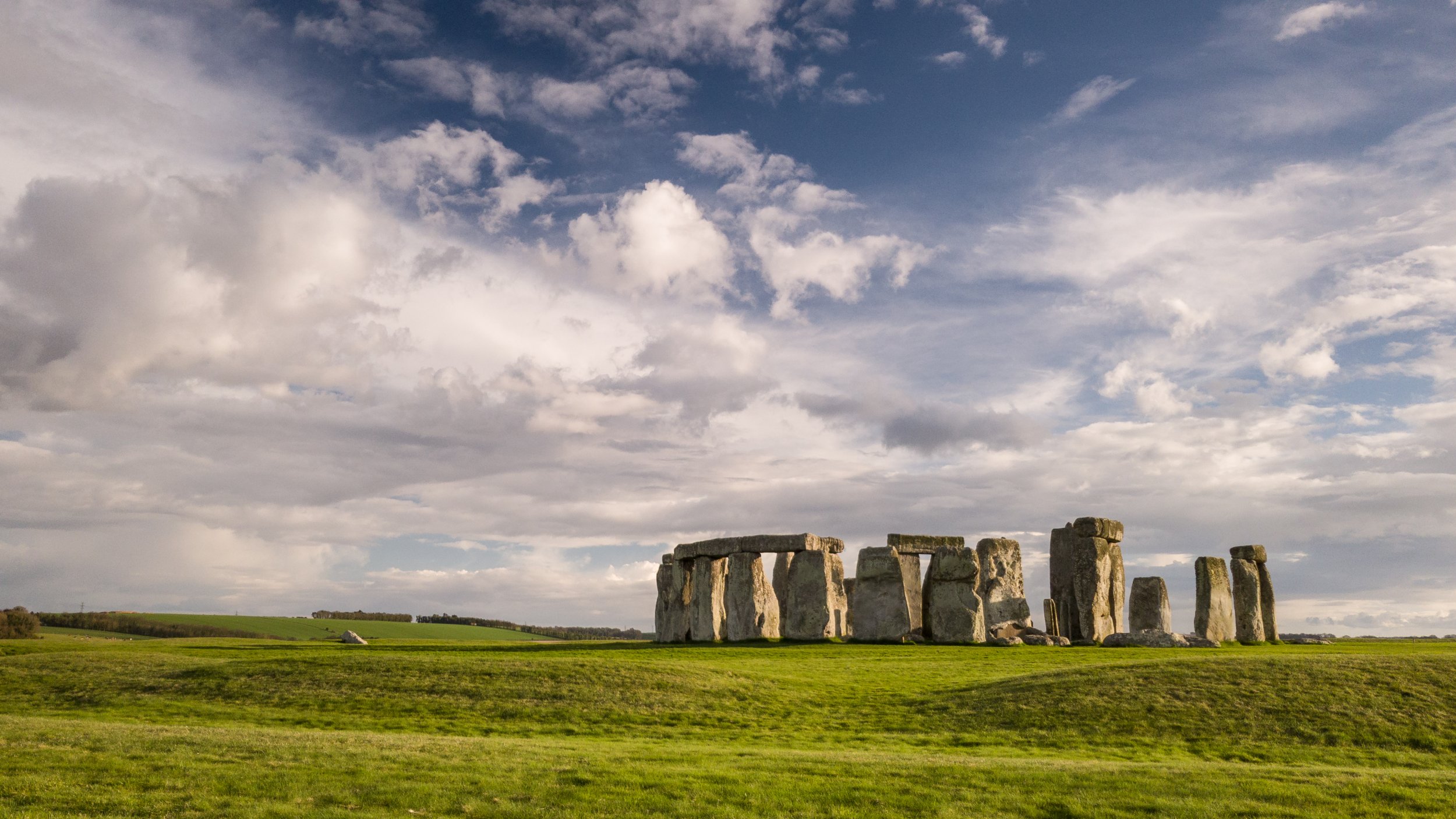
New evidence shows that the original ancient Britons, the group of people responsible for feats such as Stonehenge, nearly completely disappeared between around 4,500 years ago. Up to 90 percent of these early inhabitants of England were replaced by a group of people from the East known as the Beaker people.
The Beaker people are named after the elaborate beakers, or drinking jugs, in which they were buried with, The Guardian reported. Archaeologists have been finding the graves of these ancient people for years. But it was not clear if the beakers artwork or if the individuals buried with these jugs belonged to a distinct ethnic group.
In a new study newly published in Nature, archaeologists looked at DNA from 400 skeletons found throughout Europe and 155 individuals who lived in Britain between 6,000 and 3,00 years ago. Results showed that the DNA of individuals from these Beaker graves was different from DNA found of earlier Britons, Celtic people who inhabited Great Britain starting in the Iron Age. The DNA disparity suggests that the earlier Britons, those responsible for Stonehenge and the white chalk drawings in Silbury, died out and were replaced by this group of Beaker people.
Related: Recreated Neolithic Homes At Stonehenge Show How Ancient Britons Lived
What happened to the original Britons is not clear. Ian Armit, an archaeologist from the University of Bradford, and a senior author of the study told The Guardian that the Beaker people may not have wiped out the original Britons by force and violence conquest. Rather, the Britons may have been dying out already by the time the Beakers arrived.
"There is some evidence of a declining population and increased growth of forests, suggesting that agriculture was in decline," said Armit. "We could be looking at climate change, or even an epidemic of imported disease to which they had no resistance. But we certainly now have the evidence that they were replaced—and they never came back."
Related: Ancient England: Engraved Bones And Skull Cups Reveals Cannibal Rituals 15,00 Years Ago
It's also not clear where the Beaker people originated. Their DNA suggests a central European origin, IFL Science reported. The new research also suggests that the Beaker migration introduced new fair-pigment genes to Britain, as opposed to the darker coloring of the original Britons.
"Following the Beaker spread, there was a population in Britain that for the first time had ancestry and skin and eye pigmentation similar to the majority of Britons today," Ian Barnes, who studies paleobiology at the Natural History Museum in London, told The Guardian.
Analysis of the teeth of one of these skeletons, the famous Amesbury Archer, showed that he grew up in what is now modern-day Switzerland. But this analysis only showed where he was raised, not his genetic ancestry. Genetic analysis of other Beaker people buried in Britain show Steppe-origins, referring to an area encompassing Eastern Europe and Western Asia. For now, the exact origins of the Beakers, who would one day become modern British people, remains a mystery.
Uncommon Knowledge
Newsweek is committed to challenging conventional wisdom and finding connections in the search for common ground.
Newsweek is committed to challenging conventional wisdom and finding connections in the search for common ground.
About the writer
To read how Newsweek uses AI as a newsroom tool, Click here.








